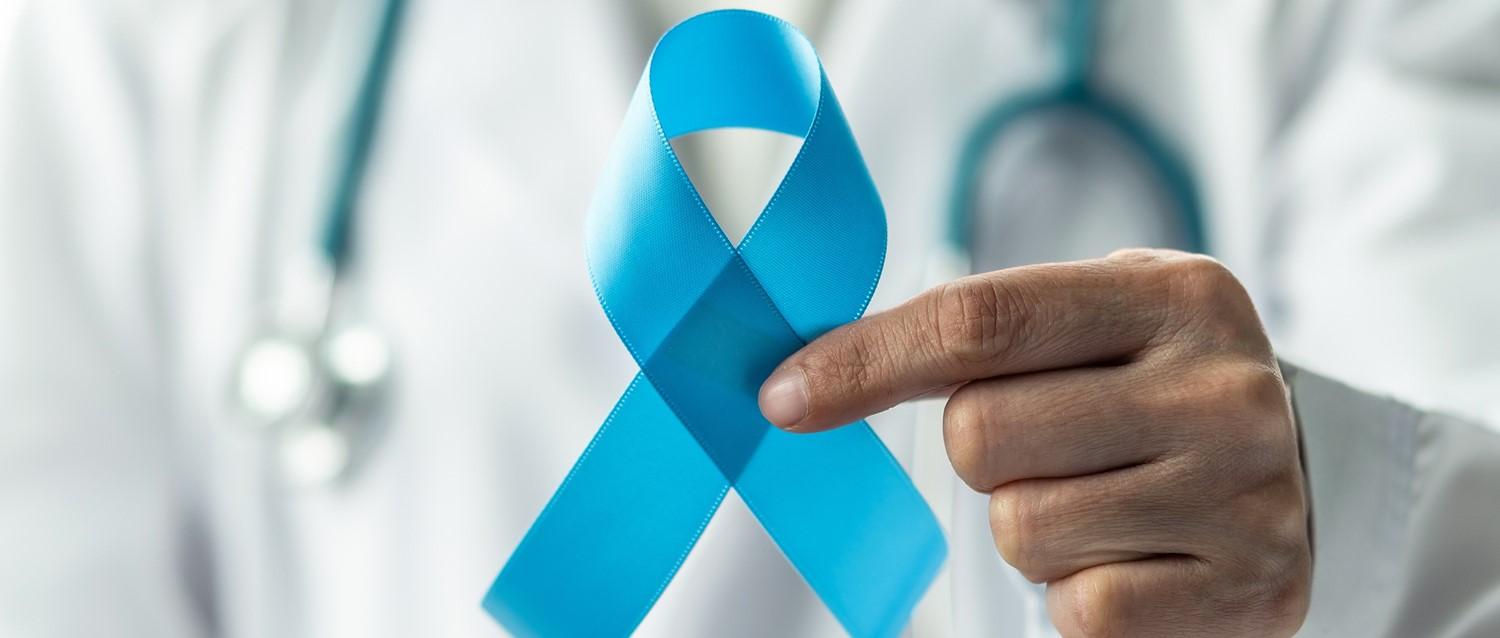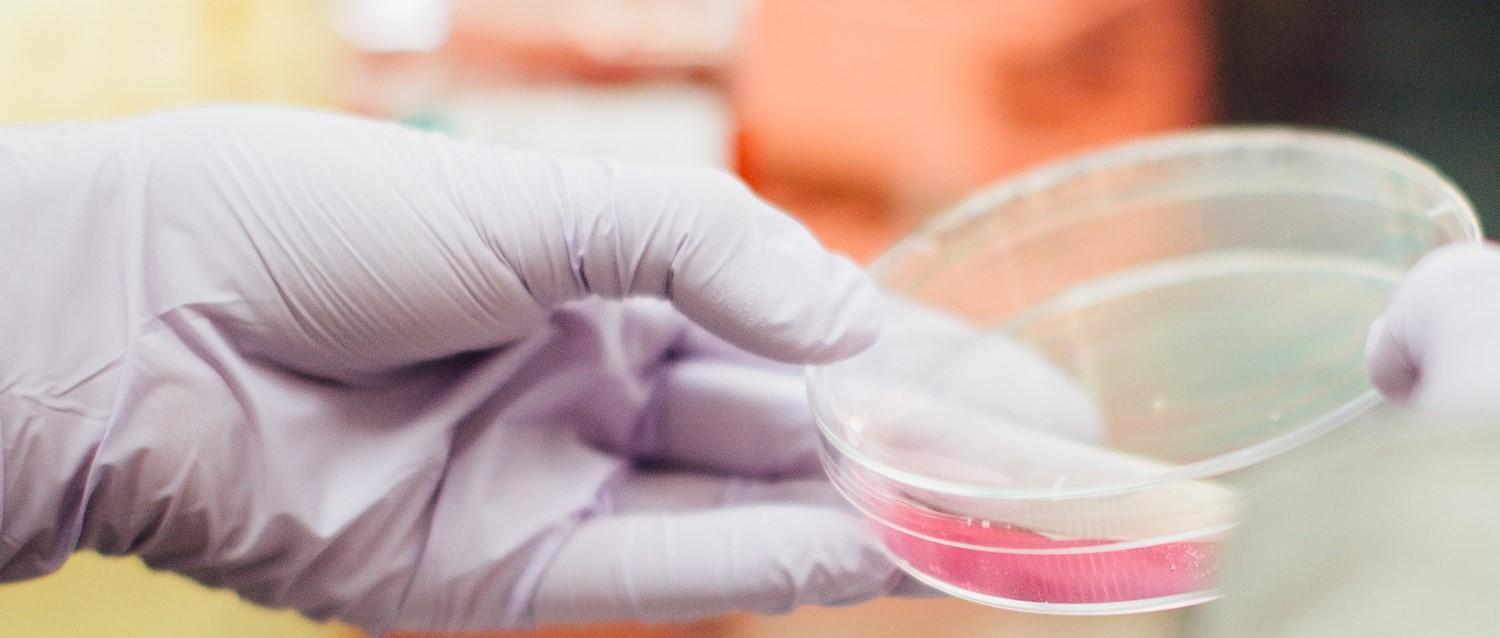
What are the signs of prostate cancer?
Peer reviewed by Dr Krishna Vakharia, MRCGPLast updated by Amberley DavisLast updated 22 Jun 2022
Meets Patient’s editorial guidelines
- DownloadDownload
- Share
- Language
- Discussion
In the UK, prostate cancer is the most common cancer in men and is responsible for 12,000 deaths a year. Depending on how the cancer cells grow, you may or may not develop noticeable signs of prostate cancer. To give yourself the best chance of diagnosis and survival, it's important to be aware of the key signs, and also to attend regular GP check-ups once you hit your forties.
In this article:
Video picks for Prostate cancer
What is prostate cancer?
If you're a man, your chances of developing prostate cancer at some point in your life are around one in eight. Unfortunately, statistics show that men are also less likely than women to seek and receive healthcare.
Prostate cancer exclusively affects men because only those born male have the prostate gland. Dr Tariq Mahmood, medical director at Concepto Diagnostics1, explains:
"The prostate, a gland underneath the bladder which helps produce semen, continues to grow as you get older. When your prostate cells grow in an uncontrollable way, it can result in prostate cancer."
How common is prostate cancer?
Prostate cancer is the most common cancer in men in the UK.
Around 52,254 new cases are diagnosed every year2.
Most cases develop in men over the age of 75 years.
What causes prostate cancer?
Back to contentsScientists are unsure of the exact cause, but there are known risk factors that make you more likely to develop prostate cancer.
Some of these prostate cancer risk factors are unpreventable:
Ageing - most cases occur in men over 75 years of age.
Ethnicity - cases are more common in African-Caribbean men and less common in Asian men.
Other prostate cancer risk factors are influenced by your lifestyle:
Obesity - can increase your risk of advanced prostate cancer3. This is because obesity can cause chronic (long-term) inflammation, where your immune system sends out cells to fight things that harm your body (normally toxins, infections, or injuries). Over time, this can damage your organs and tissues.
Diet - eating high-fat foods and not enough fruit and vegetables is thought to be a possible risk factor.
Exposure to the metal cadmium - encountering this metal through industrial work, cigarette smoking, or contaminated food may increase your risk because it can alter the DNA of your cells4.
Is prostate cancer hereditary?
Family history is also a significant factor. Around 10% of men diagnosed with prostate cancer develop it due to hereditary prostate cancer syndrome. Family members pass down their genes to relatives, which instruct all the cells in the body what to do. If members of your family have a gene mutation (a random change in these instructions) then this can make cancer more likely5.
Your'e at higher risk if ...
Your father or brother had prostate cancer before the age of 60.
You have female family members with inherited breast cancer.
Continue reading below
What are the signs of prostate cancer?
Back to contentsSo how can you tell if you have prostate cancer? The truth is that in most cases, you can't. Many men don't have symptoms, displaying no noticeable signs of prostate cancer at all.
"Both the symptoms and treatment of prostate cancer can vary on a case-by-case basis," explains Dr Mahmood. "Some people have no symptoms, and others don't require treatment if they do have prostate cancer. However, prostate cancer can also spread very quickly with serious effects."
This makes getting a diagnosis of prostate cancer very important. The earlier your diagnosis, the better chance you may have of getting rid of it.
What are the symptoms of prostate cancer?
Back to contentsSometimes, you can spot signs of prostate cancer. These signs vary depending on where the cancer is growing.
What are the signs that prostate cancer is pressing on the urethra?
"Sometimes, prostate cancer will grow near the urethra - the tube used to urinate (wee) - and it can change the way that you urinate. However, these issues can also be caused by an enlarged prostate or another health problem," says Dr Mahmood.
These signs of prostate cancer can include:
Difficulty passing urine from the bladder.
A weak flow when you urinate (you can't hit a target!).
Feeling that your bladder isn't empty and you need to go again.
Leaking after you finished urinating.
Needing to urinate more often than usual.
Having sudden urges to urinate.
Needing to wake up more at night to urinate.
What are the signs that prostate cancer has spread?
"If the cancer grows out of the prostate, it can begin to affect other parts of the body (known as advanced prostate cancer)," says Dr Mahmood.
The signs of advanced prostate cancer can include:
Blood appearing in the urine or semen.
Problems getting or keeping an erection (erectile dysfunction).
"Again, these symptoms can be caused by other health problems, but if you notice a combination of these symptoms then you should contact a healthcare professional," cautions Dr Mahmood.
If your doctor suspects prostate cancer, they may ask you to have a blood test to see if it is more likely. This is known as a prostate specific antigen test (PSA test). Another possible option is having a prostate biopsy, a procedure where needles are used to take small samples of tissue from your prostate which are then analysed. This can also indicate how likely it is for the cancer to spread. The biopsy would be done in hospital by a specialist urologist.
Continue reading below
Is prostate cancer curable?
Back to contentsOn a positive note, this common cancer has a 78% survival rate for 10 years or more from diagnosis2. In many cases, prostate cancer grows slowly, doesn't reduce your life expectancy, and requires no treatment.
However, sometimes cancers grow more aggressively and spread quickly to other parts of the body. This can be life-threatening, and healthcare experts use stages to determine how much the cancer cells have spread in order to determine the most appropriate prostate cancer treatment options.
Early-stage prostate cancer - which hasn't spread beyond the prostate - can be cured through treatment (although in some cases cancer returns months or years later). In the case of later stages, treatments may aim to slow or limit its growth, or to ease symptoms.
If you are concerned about your prostate health, you should speak to your healthcare provider.
Further reading
Back to contentsPatient picks for Prostate cancer

Cancer
Why are Black men more likely to die from prostate cancer?
Each year, about 52,000 men are diagnosed with prostate cancer in the UK. However, Black men are at higher risk of prostate cancer than other men. 1 in 4 Black men will get prostate cancer in their lifetime. This is double the 1 in 8 risk of other men.
by Emily Jane Bashforth

Cancer
New blood test may detect aggressive prostate cancer
A new blood test has been found to accurately detect the presence of aggressive prostate cancer, according to research by Queen Mary University of London.
by Ashwin Bhandari
Continue reading below
Article history
The information on this page is peer reviewed by qualified clinicians.
22 Jun 2022 | Latest version
22 Jun 2022 | Originally published

Ask, share, connect.
Browse discussions, ask questions, and share experiences across hundreds of health topics.

Feeling unwell?
Assess your symptoms online for free
Sign up to the Patient newsletter
Your weekly dose of clear, trustworthy health advice - written to help you feel informed, confident and in control.
By subscribing you accept our Privacy Policy. You can unsubscribe at any time. We never sell your data.